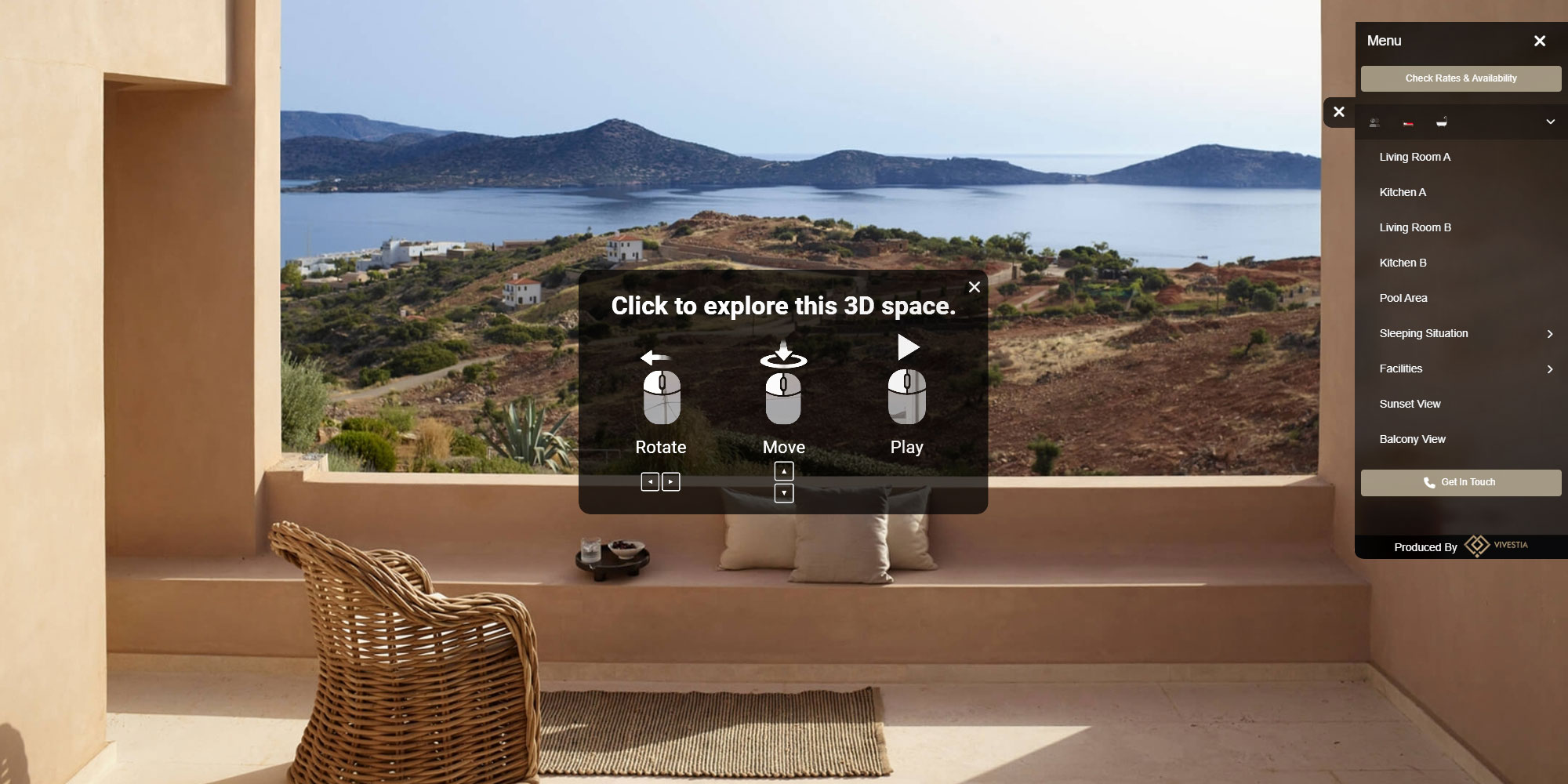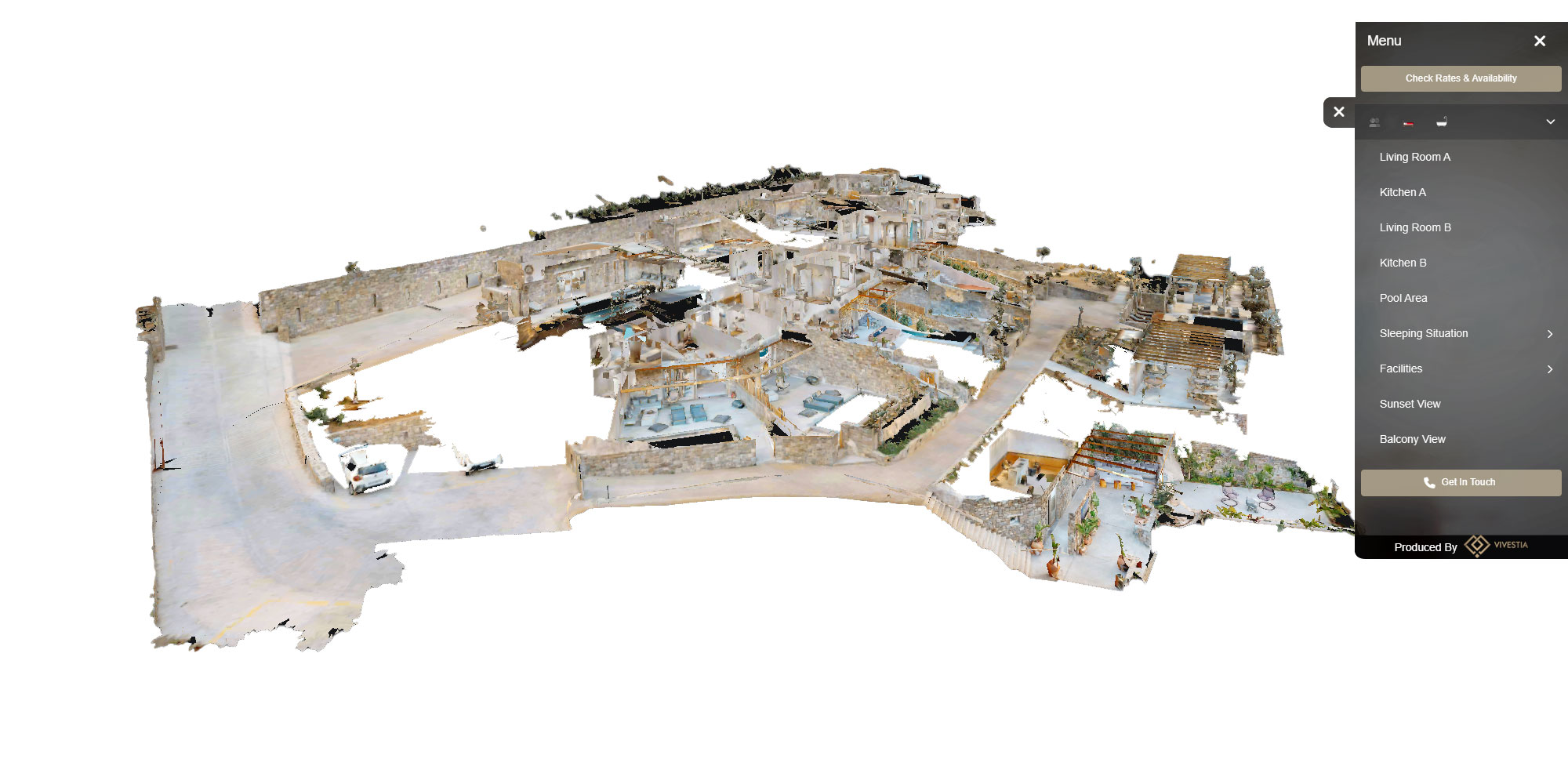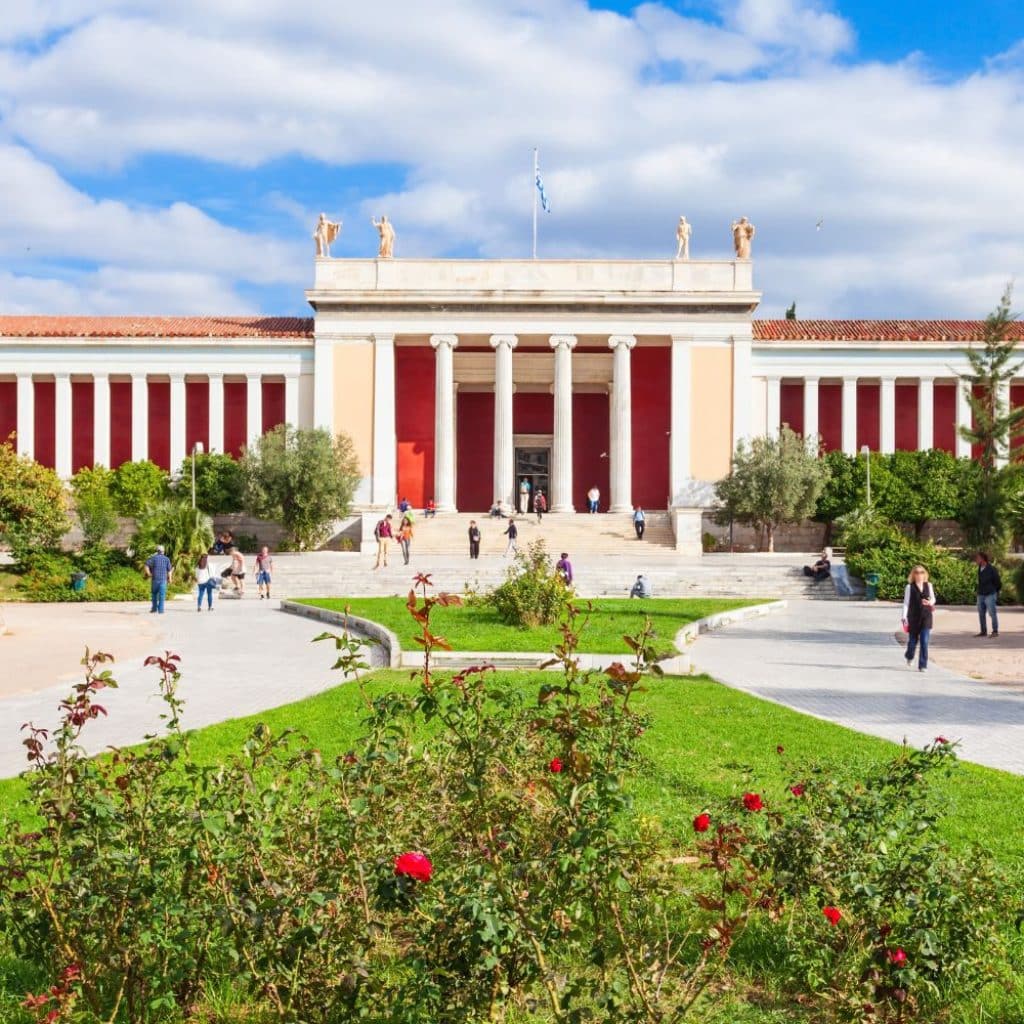Last Updated on 28/12/2023 by Manolis Maragkoudakis
Revolutionizing Hotel Bookings: The Virtual Tour Experience

The Rise of Virtual Tours
A virtual tour is a digital simulation of a real-world location. It provides users with a 360-degree view of a space, allowing them to explore and interact with it from the comfort of their own homes.
While virtual tours have been around for some time, recent advancements in technology have made them more accessible and immersive than ever before. With just a few clicks, potential guests can now take a virtual stroll through hotel lobbies, rooms, and amenities, getting a realistic sense of the space and ambiance.
Benefits of Virtual Tours in Hotel Bookings
Virtual tours offer a multitude of benefits for both hoteliers and travelers. For hoteliers, virtual tours allow them to showcase their properties in a visually engaging and interactive way. By giving potential guests a virtual glimpse into their accommodations, hotels can create a sense of trust and transparency, which can help to increase bookings
. Virtual tours also provide an opportunity for hotels to stand out from the competition. In a saturated market, providing potential guests with an immersive and memorable experience can be the difference between a booking and a missed opportunity.
For travelers, virtual tours offer convenience and peace of mind. Instead of relying on static images and written descriptions, potential guests can explore hotel spaces at their own pace, getting a true sense of the layout, design, and overall atmosphere. This can help travelers make more informed decisions and ensure that the hotel meets their specific needs and preferences.
Virtual tours also eliminate the element of surprise, reducing the risk of disappointment upon arrival. By experiencing the hotel virtually beforehand, travelers can have a more accurate expectation of what to expect during their stay.
How Virtual Tours Enhance the Booking Experience
Virtual tours have the power to transform the booking experience for both hoteliers and travelers. For hoteliers, virtual tours provide an opportunity to showcase their properties in a visually stunning and interactive way. By allowing potential guests to virtually explore the hotel, its amenities, and surrounding areas, hotels can create a more engaging and personalized experience. This can help to build an emotional connection with potential guests and increase the likelihood of booking.
For travelers, virtual tours offer a unique and immersive way to research and select hotels. Instead of relying solely on written descriptions and static images, travelers can explore hotels at their own pace, getting a true sense of the space and ambiance.
Virtual tours also allow travelers to compare different properties easily, enabling them to make more informed decisions based on their preferences and needs. By providing a more interactive and realistic experience, virtual tours enhance the booking process and help travelers feel more confident in their choices.
Implementing Virtual Tours in Hotel Marketing Strategy
Integrating virtual tours into a hotel’s marketing strategy is a crucial step in capitalizing on the benefits they offer. The first step is to invest in the necessary equipment and technology to capture high-quality virtual tours.
While professional photographers and videographers can provide expert assistance, there are also user-friendly tools and software available that can help hotels create their virtual tours in-house. Once the virtual tours are created, they can be added to the hotel’s website, online travel agencies, and social media platforms to reach a wider audience.
In addition to hosting virtual tours on their own platforms, hotels can also leverage third-party platforms that specialize in hosting and promoting virtual tours. These platforms provide a centralized hub where travelers can easily search and explore virtual tours of various hotels, making it easier for them to compare options and make informed decisions.
Collaborating with influencers and travel bloggers who have a strong online presence can also help hotels reach a larger audience and generate more buzz around their virtual tours.
The Future of Virtual Tours in Hotel Bookings
As technology continues to advance, the future of virtual tours in hotel bookings looks promising. The rise of virtual reality (VR) and augmented reality (AR) technologies is expected to take virtual tours to the next level. With VR headsets becoming more affordable and accessible, hotels can offer fully immersive virtual experiences that transport potential guests into their spaces. AR, on the other hand, can enhance the on-site experience by overlaying digital information and interactive features onto the physical environment.
Furthermore, advancements in artificial intelligence (AI) and machine learning algorithms can enable hotels to personalize virtual tours based on individual preferences and browsing behavior.
By analyzing user data, hotels can create customized virtual tours that highlight the features and amenities that resonate most with potential guests. This level of personalization can significantly enhance the booking experience and increase the likelihood of conversion.
Conclusion
The virtual tour revolution is transforming the way we book hotels. With their ability to provide immersive and interactive experiences, virtual tours offer numerous benefits for both hoteliers and travelers. From increased bookings to enhanced decision-making, virtual tours are reshaping the hospitality industry and raising the bar for hotel marketing.
As technology continues to evolve, the future of virtual tours in hotel bookings holds even more exciting possibilities. By embracing this innovative technology, hotels can stay ahead of the curve and provide a truly memorable booking experience for their guests.
CTA: Revolutionizing Hotel Bookings: The Virtual Tour Experience






Post Discussion